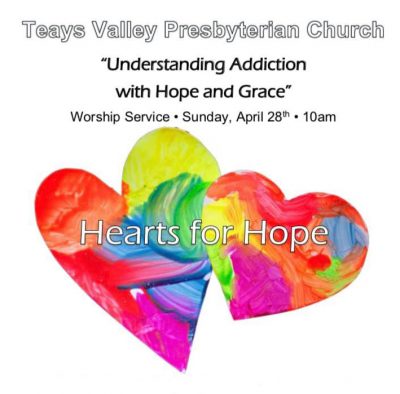By Ed Thompson
 The Sunday after Easter is often referred to as “Low Sunday,” meaning, among other things, that a church’s attendance and energy level bottom out after the emotional and spiritual highs of Easter and Holy Week. I’ve also heard it referred to as a “Cannonball Sunday” in that you could roll a cannonball down the aisle and not hit anybody. Some churches celebrate “Holy Humor Sunday” the week after Easter, telling jokes from the pulpit or having church members tell funny stories because with the resurrection God got the last laugh on Satan.
The Sunday after Easter is often referred to as “Low Sunday,” meaning, among other things, that a church’s attendance and energy level bottom out after the emotional and spiritual highs of Easter and Holy Week. I’ve also heard it referred to as a “Cannonball Sunday” in that you could roll a cannonball down the aisle and not hit anybody. Some churches celebrate “Holy Humor Sunday” the week after Easter, telling jokes from the pulpit or having church members tell funny stories because with the resurrection God got the last laugh on Satan.
Teays Valley Presbyterian Church took a different approach this year, as the theme for the Sunday after Easter was “Understanding Addiction With Hope and Grace.” There were Moments for Mission given by a person in recovery, a family member, and a physician. Steven Little, the Huntington Area Recovery Coordinator for AmeriCorps Vista and the pastor of City Church Huntington, gave the sermon, talking about how 10 years in recovery has affected his life, including leading him into the ministry. Local groups working on this issue in the community had booths in the narthex after the service, so people could learn about what was being done as well as what they could do to help. They also had a bulletin insert that gave some statistics about the human costs of the opioid epidemic in West Virginia, as well as some suggestions for what the church could do.
Is this one church service going to solve the problem? No. Is it going to help make a difference? Yes, I absolutely believe it will. My sense is that the most we ever do, other than bemoan that this is happening around us, is pray for people trapped in addiction or working on recovery and pray for the first responders and for the parents and grandparents who have to watch the lives of their children and grandchildren fall apart because of their addictions. Prayer is not a bad thing. In fact, it’s a good thing. But it’s not enough.
One of my takeaways from this service was that there aren’t three or four degrees of separation between our church members and those who are caught up in this problem. I think in a lot of cases there’s one degree of separation. We’re talking about people’s children and grandchildren, their siblings, their cousins, their neighbors, their high school classmates, maybe the children or grandchildren of the people they work with. Except that we’re not talking about this except maybe in detached ways. We don’t really acknowledge the problem, as if somehow Christians are exempt from this. It seems we like to pretend that this affects other people, but it doesn’t touch us. If that’s our attitude, we’re living in denial, in a self-imposed fantasy world. And that’s part of the problem.
 We can talk about cancer openly. With Alzheimer’s disease, while we can at least openly acknowledge that there is a problem, we still have a ways to go before we’re completely open and honest about it. I think we’ve got to begin to talk about addictions, and the Teays Valley Presbyterian Church shows us how. Not that we have to duplicate exactly what they did, bringing in the same speakers and the same groups. Each congregation could customize this according to the people they know and the groups in their community.
We can talk about cancer openly. With Alzheimer’s disease, while we can at least openly acknowledge that there is a problem, we still have a ways to go before we’re completely open and honest about it. I think we’ve got to begin to talk about addictions, and the Teays Valley Presbyterian Church shows us how. Not that we have to duplicate exactly what they did, bringing in the same speakers and the same groups. Each congregation could customize this according to the people they know and the groups in their community.
It’s said that the journey of a thousand miles starts with the first step. I encourage you to take the next step in addressing addiction in the church by having a service like this in your congregation. I’d also encourage you not to wait to do this until April 19, 2020 which is the Sunday after Easter next year. You can certainly talk to Kyle Key, pastor at Teays Valley, if you want more information about what they did. His email is kylekey@teaysvalleypresby.com, and the church phone number is 304-757-6073. I’m grateful to the Teays Valley Presbyterian Church for showing us what’s possible, and I hope others will follow their example.
